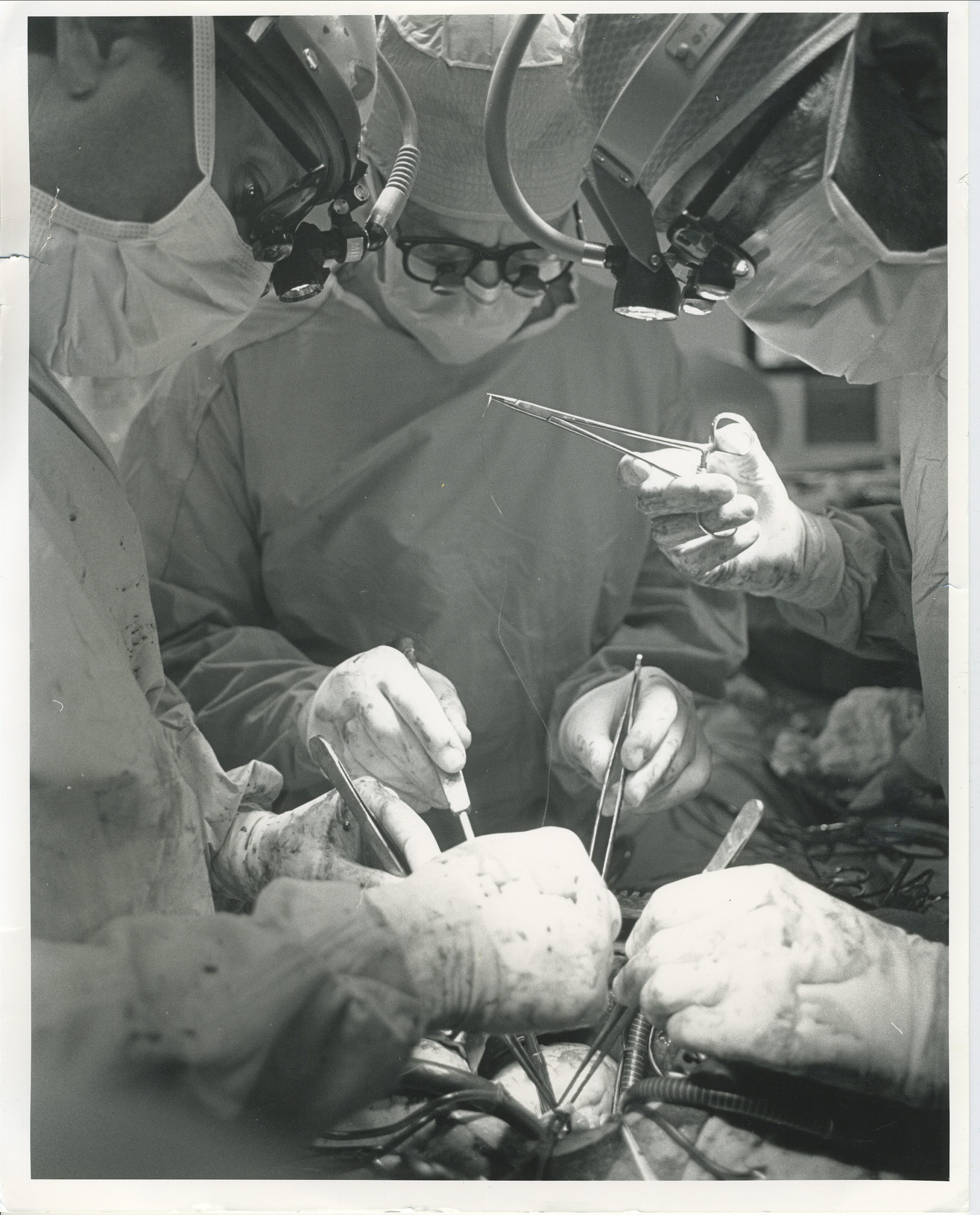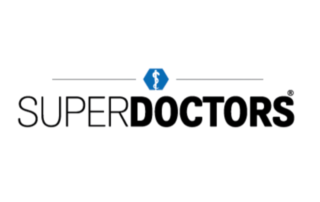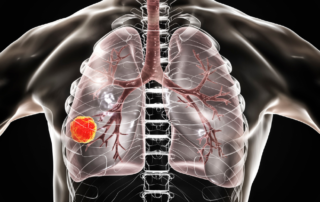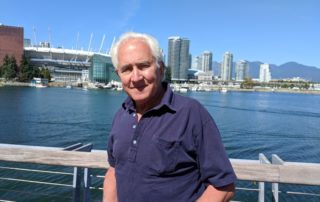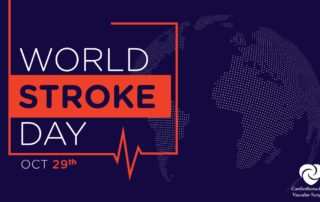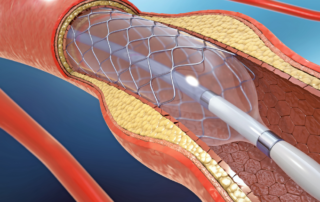Heart Transplants, Heart Treatments and Why CTVS Loves American Heart Month
February is the month we celebrate Valentine's Day along with the symbolic image of the heart and all the love it represents. It is also American Heart Month. At CTVS, we celebrate hearts every second of every day, and every month of the year. Taking care of them has been our passion for more than half a century. CTVS is a pioneer in heart health care since performing the first heart transplant surgery in Central Texas back in 1986. CTVS is still the only practice in Central Texas providing this life-saving procedure to adults 18+ years of age, and we [...]
CTVS Transplant Patient Shares Story of Hope
If you’re still thinking of a meaningful New Year’s resolution to adopt -- one that could save lives -- consider becoming an organ donor. This is the heartfelt plea of one of our remarkable patients here at CTVS. "One person has the ability to be an organ donor and to save up to eight lives," says CTVS heart transplant recipient Kristen Patton who recently shared her story with KEYE-TV and the Austin American-Statesman. Patton received a donor heart four years ago after suffering two heart attacks and being diagnosed with Spontaneous Coronary Artery Dissection following the birth of her child. [...]
CTVS Surgeons Named Austin Monthly Top Doctors
18 Cardiothoracic and Vascular Surgeons (CTVS) physicians have been named Austin's Top Doctor 2021 by Austin Monthly magazine. Please join us in congratulating our "Top Doctors" in Travis, Williamson, and Hays Counties. Cardiothoracic Surgery Stephen Dewan, M.D. Mark Felger, M.D. William Kessler, M.D. Faraz Kerendi, M.D. Eric Hoenicke, M.D. W. Chance Conner, M.D. Robert Neely, M.D. Brendan Dewan, M.D. Vascular Surgery Phillip Church, M.D. John Politz, M.D. Jeffrey Jobe, M.D. Stephen Settle, M.D. Joe Wells III, M.D. Scott Seidel, M.D. Jeffrey Apple, M.D. Mazin Foteh, M.D. Ryan Turley, M.D. Thoracic Surgery Rachel Medbery, M.D. Top Doctors are selected by Castle Connolly Medical [...]
Here’s to Your Heart Health in 2021
BestLife recently shared a survey revealing the most popular New Year’s resolutions for 2021. The first one was to exercise more (and lose weight). A commitment to working out is a resolution that we at CTVS can whole “heartedly” get behind, because exercise and its countless benefits to the heart are near and dear to us. Regular exercise is one of the greatest things you can do to prevent a heart attack, stroke, and cardiovascular disease while also positively impacting your overall health and well-being. Some of the heart healthy benefits of exercise include: Strengthening the heart muscle and improving [...]
Congratulations to CTVS Texas Monthly Super Doctors Honorees
We are always honored at Cardiothoracic and Vascular Surgeons (CTVS) to receive praise from our peers throughout the local medical community. It is even more of a privilege to be recognized alongside outstanding medical professionals from across the state, especially during this unique time when all those in the medical and healthcare communities have gone above and beyond. Once again, CTVS has several physicians named as a Texas Monthly Super Doctors® or Super Doctors® Rising Star. Our CTVS Texas Monthly Super Doctors for 2020 are: Cardiothoracic Surgeons Stephen J. Dewan, MD Mark C. Felger, MD William F. Kessler, MD Hunter [...]
CTVS Recognizes Our Own on Veterans Day
Veterans Day has always been an important occasion for us at CTVS for a trio of reasons. First of all, a few of our original practice founders were veterans. Secondly, a number of our present patients are also veterans and finally, three of our current surgeons have had long and distinguished careers in the military before joining us at CTVS. They include: Jeffrey M. Apple, M.D., F.A.C.S. Dr. Apple served four years in the United States Navy as a staff surgeon at the Naval Medical Center San Diego. During his time with the Navy, he was deployed twice to the [...]
Keener Lung Cancer Awareness and Early Treatment Lead to Better Outcomes
Lung cancer is the number one cancer killer among men and women in the United States, accounting for about one in every four cancer deaths, according to the American Cancer Society. For this reason, CTVS supports November’s Lung Cancer Awareness Month in hopes of bringing both the disease's symptoms and the positive effects of early treatment to light. Lung cancer symptoms can be hard to detect and are often subtle. They may include coughing or wheezing, chest pain, shortness of breath, weight loss, or fatigue. Coughing up blood could also be a strong indicator for it. Risk factors that may [...]
Patient Story: CTVS Patient Survives Lung Cancer and Rare, Dangerous Aneurysm
75-year-old Lee Frissell was an NYU professor when terrorists attacked the World Trade Center on September 11, 2001. His office was just one block from the Twin Towers and he saw every detail of that day. After the attack, Lee continued to work in that same area for 15 years. Due to continuous exposure to toxic air post 9/11, Lee enrolled in the World Trade Center Health Program, an initiative that provides monitoring and treatment services for certified, 9/11-related health conditions. Lee has since been diagnosed and treated for three different kinds of lung cancer – all were directly attributed to [...]
It’s World Stroke Day. Do you know the signs of a stroke?
Stroke strikes roughly 13 million people each year in this country, and unfortunately around 5.5 million people will die as a result. That’s approximately one out of every 4 adults who are affected. Today stroke also is the leading cause of disability worldwide. A stroke occurs when blood flow to the brain is disrupted resulting in a loss of oxygen which is essential for it to function. It is most often due to a clot in an artery that supplies blood to the brain or a hemorrhage from a burst vessel that leaks blood into the brain. As scary as [...]
CTVS Offers Options for Limb Salvage Treatment Ahead of Amputation
Loss of a limb can be both physically and mentally traumatic. Unfortunately it is often necessary to save a patient’s life. Amputation of a limb may be needed when there is serious infection, a wound that won’t heal, or poor circulation (typically in the legs) that causes tissue to die. Lower leg ischemia is the condition used to describe severe pain or wounds that result in this abnormally low blood flow or circulation to the leg or foot. Ischemia develops from peripheral artery disease (PAD) which is a hardening, or narrowing, of arteries from atherosclerosis and blocking blood flow to [...]

